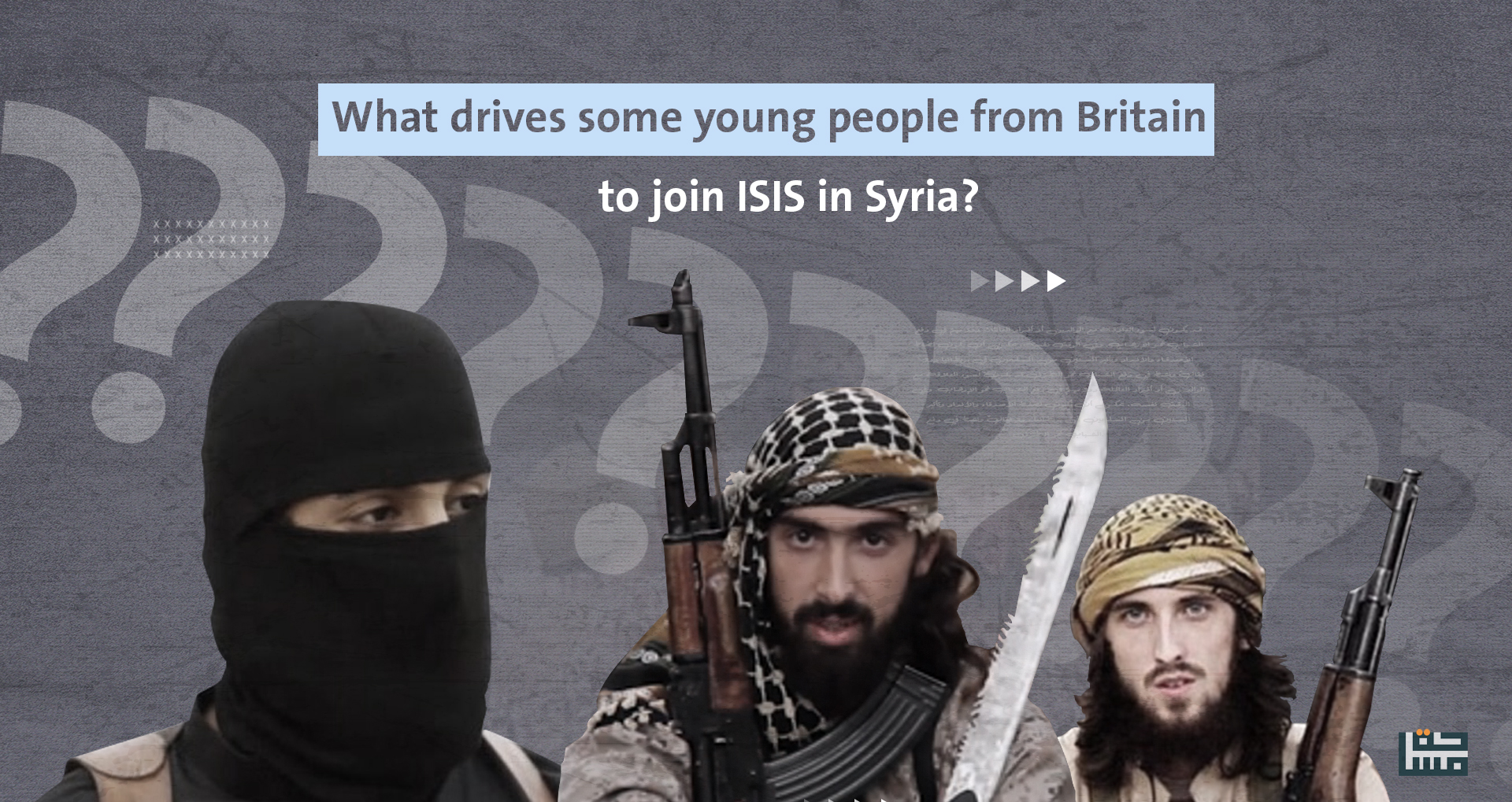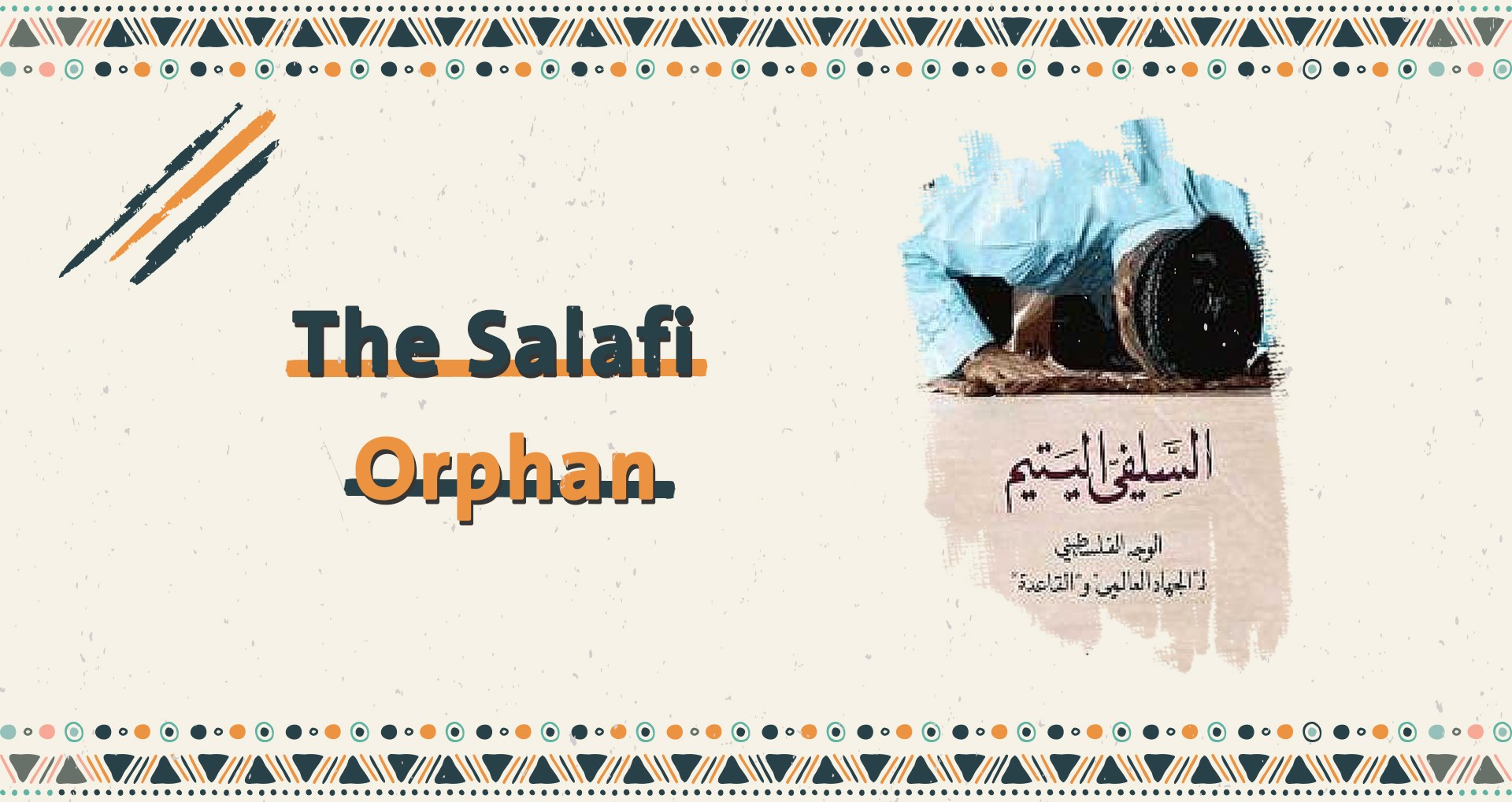What drives some young people from Britain to join ISIS in Syria?

The so-called Islamic State in Iraq and Syria (ISIS) had recruited thousands of young people [men and women] from different European countries. The phenomenon of the young generation’s involvement in such a Salafi-jihadist organisation with extremist ideology has become a fact in particular among people who even were born in Europe. In the United Kingdom (UK), for instance, around 900 Britons have travelled to Syria, most of them via Turkey’s territories, and were joining ISIS since the beginning of the Syrian conflict according to the British security services. Added to that, a significant number of young British girls were among these people who have been travelling to Syria and they preferred to live in the ISIS “Caliphate”.
The main question here is that: In such a democratic system of life how those young people were being radicalised? In other words, what were the people’s motivations to flee their wealthy developed countries under the freedom and democratic values of life and then to join ISIS? Arguably, besides the excitement when first they joined the Islamic State and suddenly, they felt they are at the centre of attention of the world, or the fulfilment of a romantic relationship for teenage girls who later on became ‘ISIS brides’. The following possible factors (political, personal and social factors), could be found behind those people’s motivations for fleeing their home countries and becoming Islamic State fighters:
In the United Kingdom (UK), for instance, around 900 Britons have travelled to Syria, most of them via Turkey’s territories,
- From the several stories of people who’d been part of such jihadist groups, it has been clear the impact of social media networks was significant. By using Facebook, Twitter, Instagram, LinkedIn, YouTube, and WhatsApp to private connections as a source of propaganda for the so-called IS, they usually offer advice, support with travel, and trying to convince people to travel and live an ideal life of pure Islamic caliphate and practicing the “pure Islam” under sharia law. For example, some women were travelled from the UK to Syria to join their jihadi husbands and become “jihadi brides” that their marriage has already been arranged through social media networks as a part of online recruitment. In her recent interview with BBC Radio 4, Tareena Shakil “Towie jihadi” has explained that she had travelled to Syria with her one-year-old son to join ISIS when she was on a Turkish beach for holiday in 2014. She was used by the ISIS propaganda program and was photographed in Raqqa, the former stronghold of ISIS, when she was wearing an ISIS balaclava with her son posing with a weapon and used Twitter to encourage others to join ISIS. She was the only British woman who had been jailed for six years after returning back from Syria. Besides the social media influence as the major platform to manipulate young British Muslims, there are other factors that may influence young people to join ISIS. Family members, for example, due to the poor relationship with parents can play an important role in driving young people to become terrorists. Similarly, the peer pressure and the impact of the older Muslim generation in Britain were believed also to play a vital role in the contribution to radicalisation of the young people. Furthermore, schools and mosques where young people get their religious education and knowledge didn’t play their required role in teaching and representing the nature of Islam to their students and were incapable of challenging racism and misunderstanding of real moderate Islam.
- Despite the fact that Islam is the second-largest religion in the UK, and the Muslim population is estimated to be more than 3 million, and there are around 2000 mosques across the UK that were opening their doors for the public. However, the young British Muslims have a lack of religious knowledge and they don’t have a full understanding of the main concepts of Islam. Moreover, many young people who were joined ISIS believed that they are doing something good and they consider that as a religious duty and they felt that they will be rewarded for it by God. The concept of being rewarded in heaven and the afterlife for people who are the “God’s soldiers” by joining ISIS and fighting the “enemies” of Islam and they might gain martyrdom and was another essential religious factor that motivates those young British Muslims. Furthermore, the Jihadi-Salafis such as ISIS usually interpret the Quran incorrectly for their political and ideological motives. They also understand the notion of Jihad as a “Holy war” which means this term is associated with war, battle, violence, and fighting.
- The British society is well-known as a multicultural and diverse society and that is why the UK government trying to encourage immigrants to embrace British values and to improve the integration process for all diverse communities. For example, the promotion of the English language to tackle inequality, exclusion, segregation in schools, and identity crisis. However, there is part of British Muslims who struggle to manage their social, cultural, and religious identity and might suffer the problem of alienation and isolation as well. Moreover, some Muslim youth who live in the UK might feel lost and want a sense of identity and belonging and they have been seeking their own place in religion. And they may become easy victims and targets of terrorist organisations such as ISIS especially the first and second-generation Muslims living in the UK. Besides that, some vulnerable and naive young Muslims were being brainwashed by ISIS and they thought they were going to Syria, for example, to support people there.
Consequently, in recent years, there has been a rise in islamophobia and also the rise of the far-right organisation across Europe, and the rise of the hate rhetoric due to terrorist actions or bomb suicides by ISIS members. Similarly, there was a significant number of Muslims who have been victims of hate crimes or they felt that they no longer belong to the West, while others were receiving racist comments. That can add another motivation factor that young British Muslims to join ISIS or travel to Syria. On the other hand, political revenge can be another motivator factor for young Muslims to join ISIS. For example, some Muslims believed that the Muslim’s Ummah has been oppressed by those who are in power, and the Muslim countries were mistreated by global foreign political leaders. As a result, terrorist groups such as ISIS try to use these factors among young people and they use also the suffering of Muslims and the fact that the Muslims are killing across the world especially in Syria and such factors might drive more young people to become terrorists and join ISIS. Arguably, the above wide range of political, social, and personal factors are contributing to the participation of young Muslims to join terrorist organisations and for some young British Muslims become terrorists.




